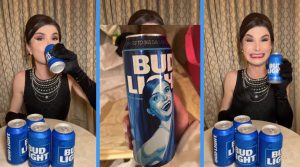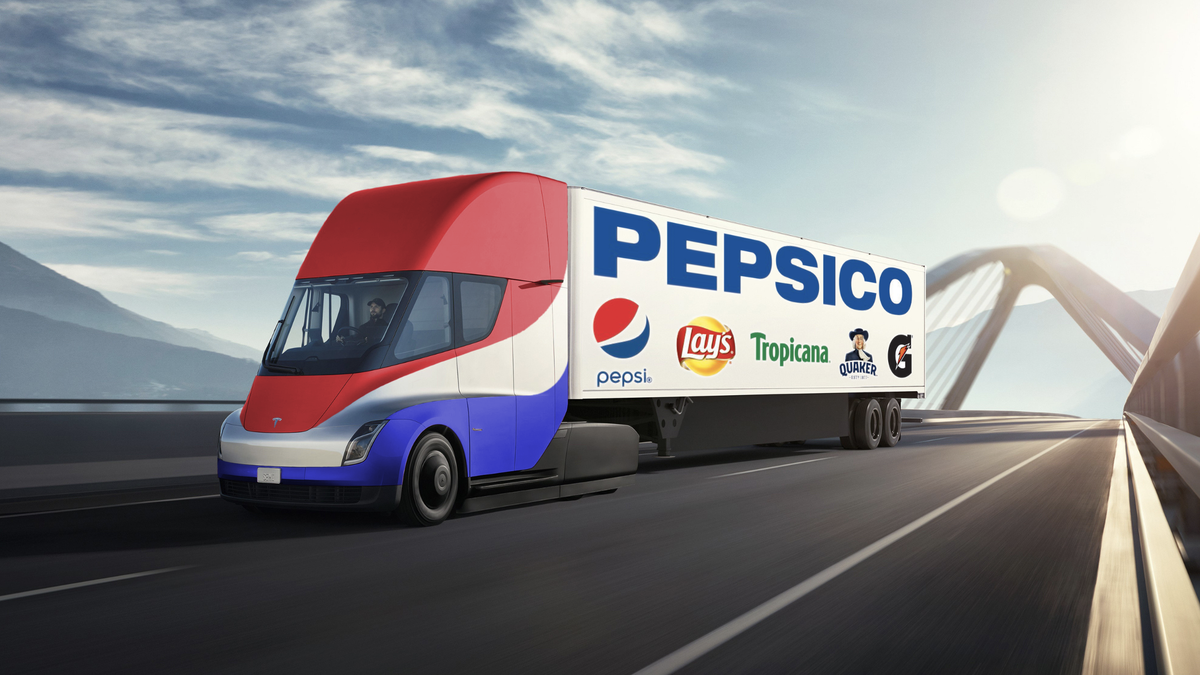By Ralph Tathagata
In the contemporary atomised world of digital marketing, brands extend their budgets across a wide range of influencers and celebrities with massive follower counts. Celebrities, especially, depending on their fame and fan figures, get as much as between $10,000 and $50,000 to promote a brand to make sure that top of the marketing funnel gets an injection of awareness.
Bud Light, the best-selling beer in America from the stable of AB InBev sold $4.8 billion in the U.S. alone in 2023. Known by almost every American, the beer with a super-sophisticated marketing strategy that operates at top-of-the-mind awareness is usually reserved for airlines and the mobile phone networks. And a lot of that awareness always turns into purchase.
However, all of the above have changed dramatically since after 1 April, this year, when transgender influencer Dylan Mulvaney posted a video of herself opening a Bud Light on her Instagram page. She showed off a can with her face on it that Bud Light had sent her as one of many corporate freebies she gets and shares with her millions of followers.

Thereafter, Bud Light, AB InBev’s biggest brand in its biggest market, America, has been up in flames, and the inferno seems to be raging out of control for more than four months. The ad triggered widespread boycotts and outrage and the brand’s bottom line has been hemorrhaging as a second-quarter report from AB InBev revealed that revenue in the U.S. plummeted by 10%, which is a loss of $400 million. Its sales in U.S. retailers also declined by 14% compared to the previous year.
In a recent interview with Fox News, Billy Busch, Anheuser-Bush heir called Bud Light’s controversial ad campaign with transgender activist Mulvany a huge mistake, mentioning that his ancestors would be ‘rolling over’ in their graves as sales continue to suffer. He stated that the AB InBev America’s marketing team is paying the price, adding that the company greatly miscalculated what they thought was being inclusive, but was really divisive.
Billy Busch said his late grandparents believed that transgender, gays are all very personal issue because America is a free country and people are allowed to do what they want. He, however, stated that such was never meant to be on a beer can and never meant to be pushed in people’s faces. He mentioned that the transgender topic has become more political than social in America in recent times, and that it’s not safe for a popular beer brand like Bud Light to get into the game as that will appear to the consumers as pushing a political agenda.
Garnering the attention and loyalty of consumers from underrepresented communities goes beyond just hiring influencers from those communities. While inclusive marketing can grow a brand’s bottom line, but it can’t just be about getting people from minority communities to buy the products. That’s extraction marketing, and it can actually do more harm than good to such community.
Inclusive marketing requires responsibility and brands should not only have their house in order from an internal standpoint, but also should not cause harm to the people and communities they’ve chosen to serve. That explains where Bud Light got into trouble with the controversy surrounding their campaign with Mulvaney.
Marketers and brand managers should be more clinical, more data-driven and more tentative when pushing for inclusiveness in their strategy and the direction their brand can take. The lack of consideration for existing Bud Light consumers has created a vacuum that will a lot of marketing efforts to fill.







Comment
No comments found.